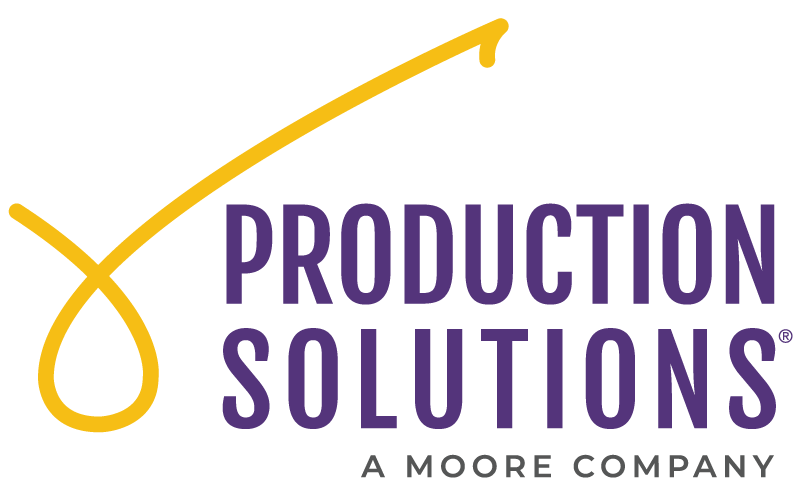What It Takes to Be a Great Mentor
 Production Solutions
Production Solutions
As seen in the March 2017 edition of DMAW’s AdVents newsletter.
There is a great deal of personal satisfaction that comes from watching someone you care about reach their full potential. But, mentoring goes far beyond that.
Throughout my career, I have been fortunate enough to mentor employees and industry colleagues with varying experience levels and have benefited from mentors who are exceedingly smart and generous people. My mentors took risks and provided me with valuable guidance to develop professionally and navigate my career path.
The importance of a great mentor-mentee relationship is clear to me every day. I wouldn’t be in my current position without the personal investment my mentors have made in my professional success.
From my experience, here are the characteristics that I see the best mentors possess:
Investment in the Mentee
An effective mentor views his or her mentee as a potential superstar, not just an employee or industry colleague. It is about recognizing an eager spirit and making a true investment in the growth of the mentee. Being a mentor is not a one-time or short-term commitment. When you offer to help someone, you need to follow through with the commitment by being there for them fully along the way.
An important mentor in my professional life, George Lizama, my former partner of PS | PS Digital, embodied these characteristics when he invested in my younger self. During a time when most people were too busy or were not willing to take the time to guide others, George saw raw talent and empowered me to take on new challenges and experiences that have led me to where I am today.
Patience
Anyone can sit with an employee, discuss their job and give career advice. Good mentors step above that. It takes a significant amount of listening and engaging with the mentee to understand their personal and professional aspirations and potential conflicts. By being patient with them while they overcome current limitations and grow their passions, you can build an everlasting trust.
As with every relationship, there will be frustrations, miscommunications, and occasionally a lack of understanding. It is critical to remain patient by reflecting on your own personal experiences when you were at a similar stage in your life and career. By making a concentrated effort to get a foundational understanding of your mentee, you can then be a more effective mentor.
Having Your Own Network and Mentor(s)
The most successful mentors understand the importance of building relationships and gaining knowledge from other industry experts. By expanding your network and building trust with a greater circle, new opportunities are sure to arise.
I was fortunate enough to develop a very close relationship with industry pioneer, Kay Lautman. Kay was a major accelerator in my career, quickly introducing me to her unique style of fundraising and the strategies she used to build successful campaigns. Her impact on my professional life cannot be overstated, and I continue to feel indebted to her and many others to this day.
When these characteristics come together, a mentorship relationship can be one of the most valuable and rewarding experiences, for both the mentor and the mentee. You must be fervent and willing to find those that can be an inspiration in your life. If a mentor within your company is not attainable, look to the industry to find someone to be your champion.
The best mentors cultivate the future generations of leaders by establishing a succession plan. By recognizing talent in others, you can enrich their careers and often learn from them as well. Take it from me, one of the greatest rewards of being a mentor is being able to pay it forward.




